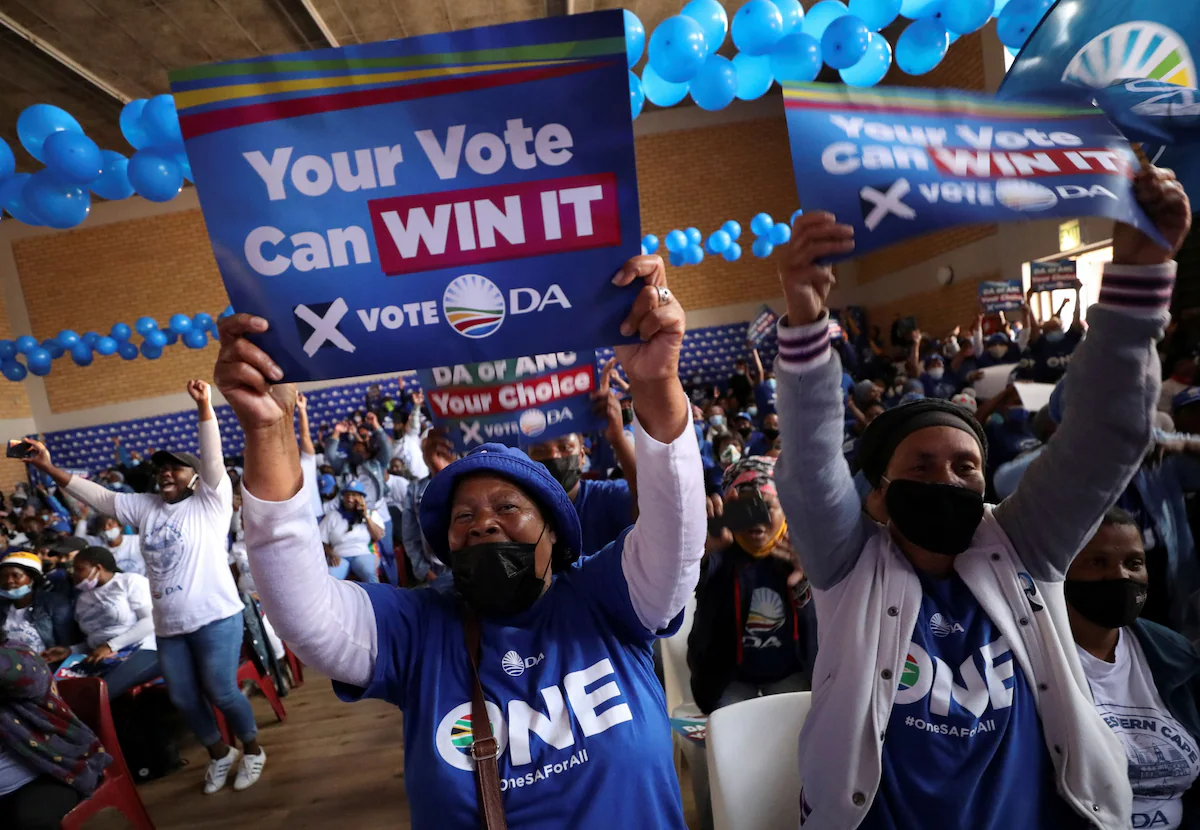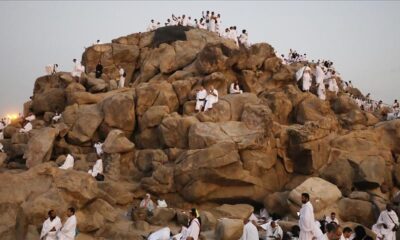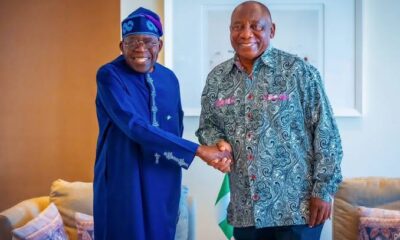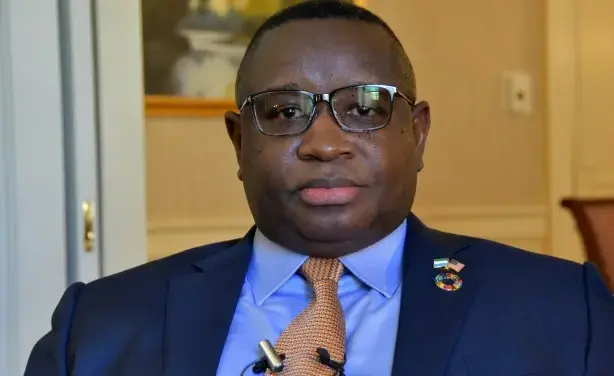Sierra Leone’s high court has sentenced 11 soldiers and police officers to hefty prison terms for their alleged roles in an attempted military coup last year.
On November 26, gunmen in Sierra Leone freed 2,200 detainees and killed over 20 in military barracks, a jail, and other locations.
After the coup attempt failed, 12 individuals were charged with treason in January. On Monday night, a unanimous jury found 11 guilty of 20 counts, including treason, murder, and military uniform use.
Due to health difficulties, the APC’s Bai Mahmoud Bangura, the twelfth accused, is being tried separately.
Amadu Koita Makalo, a retired army major and former bodyguard of ex-president Ernest Bai Koroma, received consecutive 40-70-year sentences for multiple counts.
Two female police officers were sentenced. Ramatu Kamanda Conteh received 30 years of harbouring Koita.
The government attributed the coup attempt to Koroma’s bodyguards, who were ultimately charged with four offences. However, the government let him leave the country on medical grounds.
Ex-president, Ernest Bai Koroma was accused of participating in a botched military coup attempt in November, and on January 3, was charged with four offences. However, a high court decided on Wednesday that Koroma was free to leave the nation.
His lawyers labelled the coup attempt “trumped up” and a “political vendetta” while Koroma condemned it.
Two decades after a 1991-2002 civil conflict that killed over 50,000 Sierra Leoneans, tensions have risen again.





































